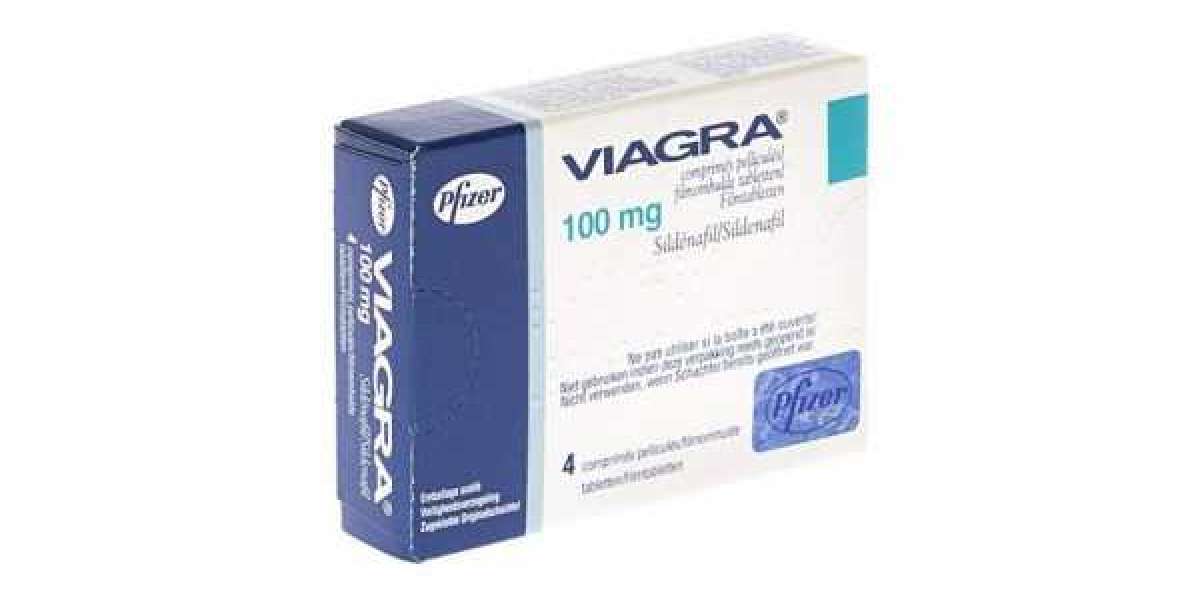Medical Definition of Nonbacterial prostatitis
Nonbacterial prostatitis: Inflammation of the prostate not due to bacterial infection. The prostate is a walnut-sized organ below the male bladder that surrounds the urethra and contributes fluid to the semen.To get more news about chronic nonbacterial prostatitis symptoms, you can visit our official website.
Nonbacterial prostatitis is typically a chronic, painful disease. The symptoms (including chills, fever, pain in the lower back and genital area, body aches, burning or painful urination, and the frequent and urgent need to urinate) characteristically go away and then come back without warning. The urine and fluid from the prostate show no evidence of a known infecting organism, but the semen and other fluids from the prostate contain cells that the body usually produces to fight infection.
Treatment with antibiotics and drugs that relax the muscles of the prostate gland is often tried and commonly fails. This form of prostatitis is the most common (and least understood) type of prostatitis. It occurs in association with other diseases such as Reiter syndrome (arthritis, conjunctivitis [eye inflammation] and inflammation of the genital and urinary systems).
The prostate gland is located below the bladder in men and produces fluid components of semen. Over half of men ages 60 and above have enlargement of the prostate gland. This condition is sometimes called benign prostatic hyperplasia or benign prostatic hypertrophy (BPH). It is not known exactly why this enlargement occurs. However, BPH is not cancer and does not cause cancer. Some men have BPH symptoms while others do not.
The most common symptom of BPH includes having to urinate more, often at night. The reason is that the enlarged prostate gland presses on the urethra, which carries urine out of the body. Because of this pressure, the bladder muscles have to work harder to excrete urine. The bladder eventually may start to contract even when only a small amount of urine is present, creating the urge to urinate more often.
Pressure on the urethra from the enlarged gland and the additional work required of the bladder muscles lead to other symptoms of BPH as well. These include taking longer to initiate a urine stream and urinating with a weaker flow than before. Urine may dribble, or you may feel that there is still urine inside the bladder even after you have finished urinating.
If BPH completely blocks the urethra, inability to urinate may result. This can also happen as a result of infections or if the bladder muscles become excessively weak. The inability to urinate is a serious condition that can permanently damage the kidneys or bladder. If this comes on suddenly, go to a hospital emergency department. If you start to have symptoms of BPH, see your doctor right away in order to prevent worsening of the symptoms.
The prostate gland grows throughout a man's life, starting at puberty and again from age 25 onward. Typically, there are no symptoms from an enlarged prostate before age 40. Up to 90% of men have symptoms of BPH by age 85, but only about one-third of men with BPH symptoms are bothered by the symptoms.
No one knows why the prostate continues to enlarge throughout a man's life. Hormones like testosterone, dihydrotestosterone (DHT), and estrogen may be involved in regulating the growth of the prostate. Having a vasectomy and sexual activity do not increase the risk of getting BPH. It is also not understood why some men have symptoms with BPH while others do not.
The symptoms of BPH may mimic symptoms of other conditions, including tumors and infections. A digital rectal exam can detect BPH in many patients. If you have symptoms, you should see your doctor to rule out other possible causes of the symptoms.
Some of the symptoms of BPH are the same as those of prostate cancer, so many men are fearful of the symptoms. However, BPH is far more common than prostate cancer. Men with BPH are no more likely than other men to develop prostate cancer. However, it's important to have your doctor perform a thorough examination because the two conditions share symptoms and can even coexist.
Whether or not BPH must be treated depends on the symptoms and their severity. Recurrent infections, problems urinating, leakage of urine, and kidney damage can all significantly impact your quality of life. Medications or surgical treatments may help if you are having severe symptoms.













